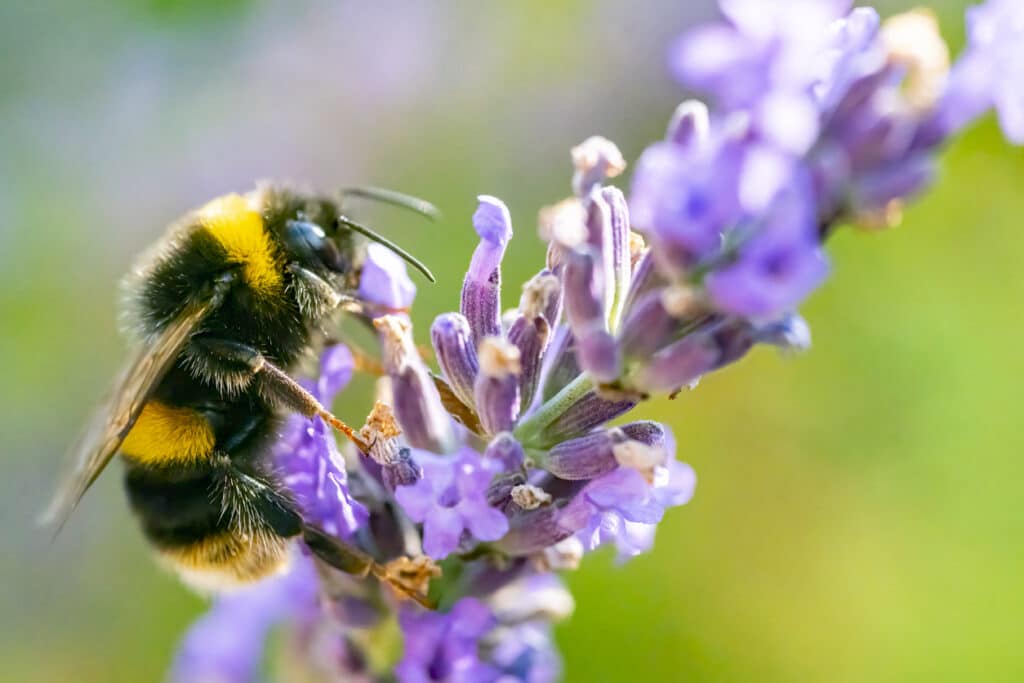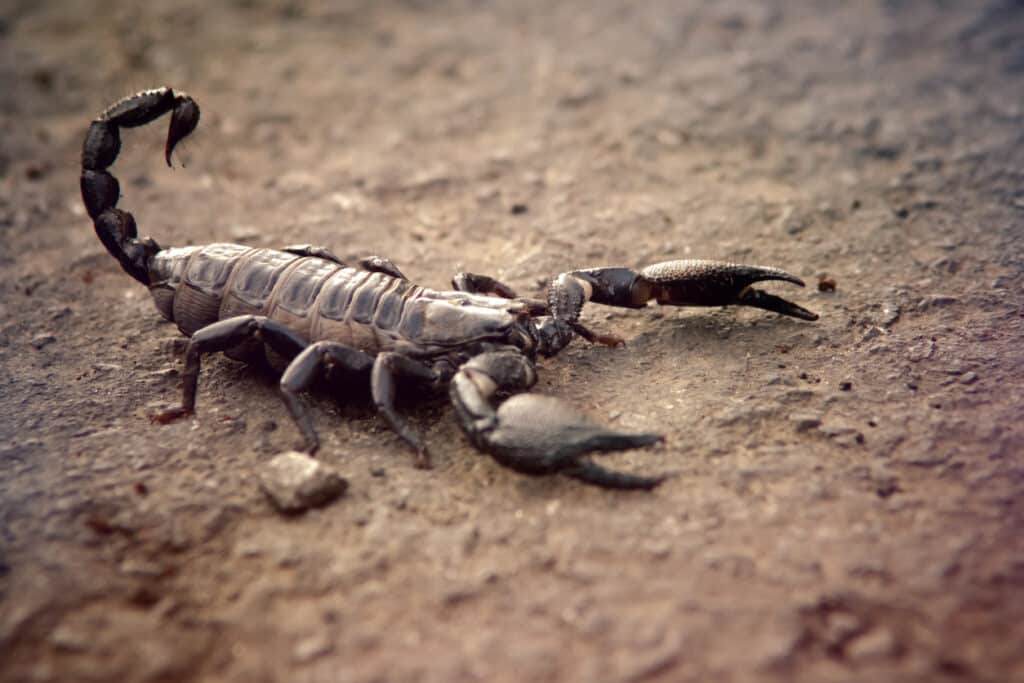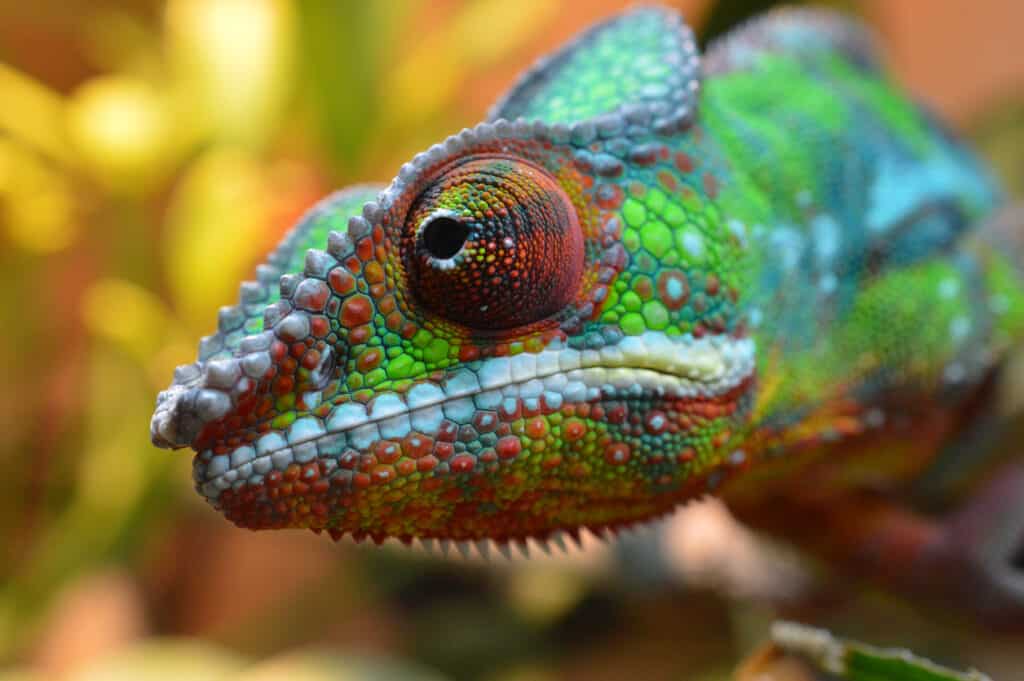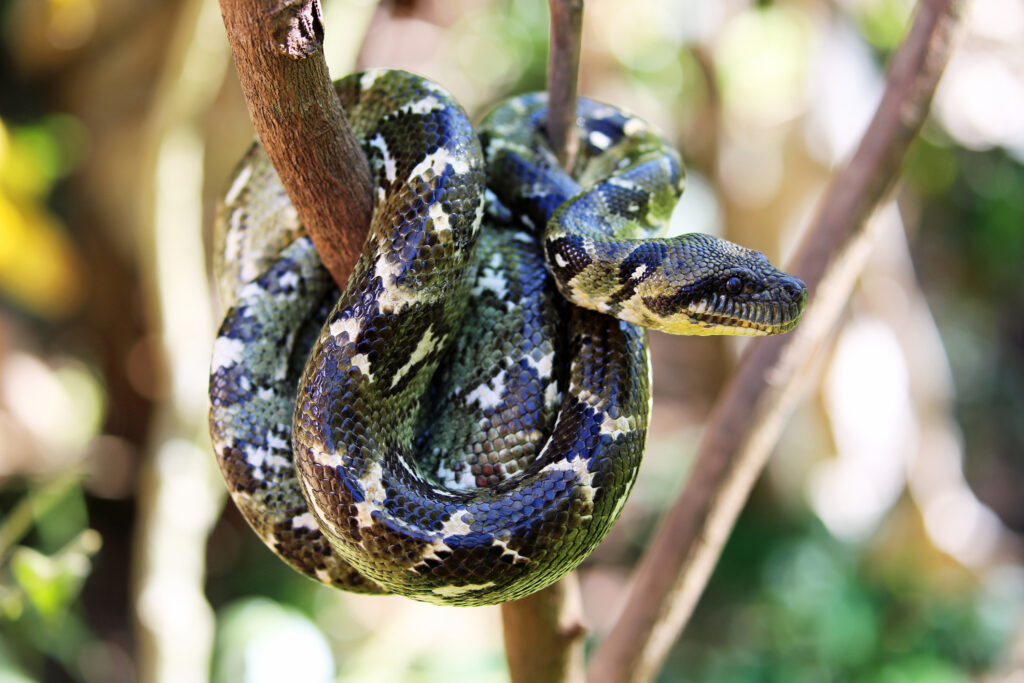Understanding the Important Role of Invertebrates
At Blue Planet Aquarium, we appreciate all the wonderful animals on planet Earth. From the teeniest ant to the largest whale, we think that each creature brings something wonderful to the blue planet that we call home.
While we’re incredibly fond of our backboned friends, we thought that it was time to show our invertebrate pals some love, shining a light on the invaluable role that they play within the environment.
Let’s take a look at the important role of invertebrates!
What are invertebrates?
Invertebrates are a subset of the animal kingdom that lacks a backbone. If vertebrates, like humans, elephants and horses have backbones, invertebrates like bees, crabs and spiders lack a backbone.
Of all the animals on earth, up to 97% of them have no backbone at all, but despite this, they play a vital in the ecosystems that they live in. That’s over 1.3 million species that we know of, with many more yet to be discovered.
When you compare this to the 60,000 vertebrate species that we know of, you can understand how invertebrates play a significantly larger role in the environment than their back-boned counterparts.
Invertebrates have cemented their place on planet Earth over millions of years, predating even the dinosaurs and surviving 5 mass extinction events.
Why are invertebrates important?
Now that we know what they are, it’s about time we gave them the pat on the back that they deserve. These incredible creatures might lack a backbone, but they’re mighty and pack a real punch.
Invertebrates are pollinators

Invertebrates are the primary pollinators on planet Earth, dispersing seeds and pollen between plants to allow greenery to thrive and provide the oxygen that helps sustain life on Earth.
Invertebrates can help to decompose waste
If not for invertebrates, the world would be piled high with the waste of other animals. Certain invertebrates feed off the waste of other animals and transform it into fertile soil for plants to bed themselves into and for small creatures to find a home. Invertebrates do this on both land and sea.
Invertebrates become food for other species
Because of their vast numbers, invertebrates usually serve as a reliable source of food for a wide range of animals. But don’t worry, they can reproduce incredibly quickly meaning that their numbers don’t tend to falter.
They provide environments for animals
Invertebrates such as sponges and corals provide environments for an uncountable number of creatures. Despite a common misconception, sponges and corals are actually living animals.
The introduction of invasive invertebrates can have a negative impact
Despite their many benefits, introducing invasive invertebrates to a new environment can have a multitude of negative effects on the ecosystem, outcompeting native species or destroying habitats.
An ecological chain reaction was set off by the introduction of big-headed ants in Kenya which led to lions killing fewer zebras than they usually would.
Invertebrates at Blue Planet Aquarium
Blue Planet Aquarium is home to some fabulous invertebrates that we’re proud to showcase, here are just a few of them:
Cleaner Shrimp
Cleaner shrimp are small, vibrant crustaceans that can be found in coral reefs. They play a crucial role in their ecosystem by cleaning parasites and dead skin off their hosts. This relationship benefits both parties, as the fish remain healthy, and the shrimp gain a regular food source.
Asian Forest Scorpion

The Asian forest scorpion (Heterometrus longimanus) is a large, black scorpion native to the tropical forests of Southeast Asia. They are nocturnal predators, feeding on insects, small vertebrates, and other invertebrates. Despite their scary appearance, their venom isn’t deadly to humans but can cause significant pain and discomfort.
Bubbletip Anemone
Bubbletip anemones (Entacmaea quadricolor) are vibrant, sea-dwelling creatures found in coral reefs. They play host to various species of clownfish, providing them protection from predators with their stinging tentacles. In return, the clownfish bring food to the anemone and help keep it clean.
Goliath Birdeater Tarantula
The Goliath birdeater (Theraphosa blondi) is the largest spider in the world, native to the rainforests of South America. Despite its name, it rarely eats birds; its diet primarily consists of insects, rodents, and small reptiles. This tarantula plays a vital role in controlling the population of these animals, preventing overpopulation and maintaining ecological balance in its habitat.
It’s clear to see that invertebrates play an incredibly important role in every ecosystem that they inhabit. From turning waste into soil, providing homes for other creatures or helping to pollinate the plants that we rely so heavily on.
If you’d like to take a look at some of the species we’ve mentioned in this blog, don’t forget to book your tickets so that you can appreciate these incredible animals in person.


